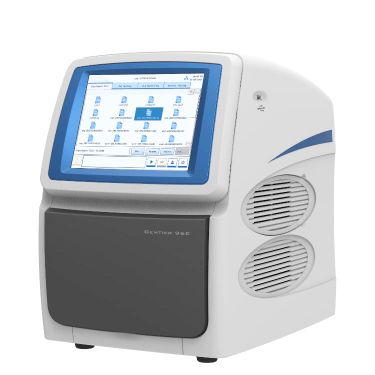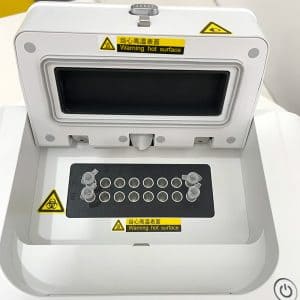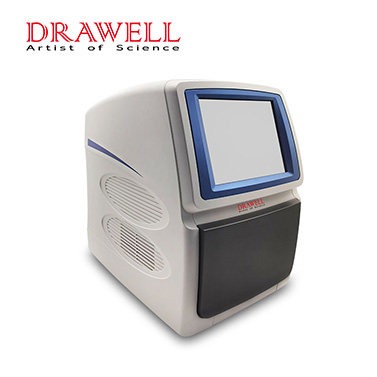PCR (polymerase chain reaction) technology is widely used in molecular biology to amplify specific regions of DNA for analysis. One area where PCR has had a significant impact in forensic science is where it is used to identify individuals and match DNA evidence from crime scenes. In this article, we will explore the advantages, limitations, and applications of PCR in forensic investigations.

Advantages of PCR in Forensic Investigations
PCR has several advantages that make it well-suited for use in forensic investigations.
- First, it is highly sensitive and specific, meaning that it can detect and amplify even small amounts of DNA with high accuracy.
- Second, it can work with small or degraded samples, such as those found in hair, bones, or old bloodstains.
- Third, it has the ability to analyze multiple samples simultaneously, allowing forensic scientists to process large numbers of samples efficiently.

Types of PCR Assays Used in Forensics
There are several types of PCR assays used in forensic investigations, each with its own strengths and limitations.
- One of the most common is short tandem repeat (STR) analysis, which compares specific regions of DNA to create a unique DNA profile for an individual. This profile can then be used to match DNA evidence found at a crime scene to a suspect or victim.
- Another type of PCR assay is single nucleotide polymorphism (SNP) analysis, which looks for differences in single nucleotides (the building blocks of DNA) to determine relationships between individuals.
- Finally, mitochondrial DNA (mtDNA) analysis can be used to analyze highly degraded samples, such as those from ancient bones or teeth.
Applications of PCR in Criminal Investigations
PCR has numerous applications in criminal investigations, including identifying suspects or victims, exonerating wrongfully accused individuals, and linking crimes together through DNA evidence.
For example, in the case of a sexual assault, forensic scientists can use PCR to identify the perpetrator based on DNA evidence left at the scene.
Similarly, PCR can be used to prove the innocence of someone who has been wrongly accused of a crime by demonstrating that their DNA does not match that found at the scene.

Limitations and Challenges of PCR in Forensics
While PCR has many advantages in forensic investigations, there are also several limitations and challenges to consider.
One of the biggest concerns is the potential for contamination, either from the environment or from other samples being analyzed. To address this, forensic scientists must take great care in handling and processing samples and must use proper controls to ensure the accuracy of their results.
Another challenge is the interpretation of complex DNA mixtures, such as those from multiple individuals or from degraded samples. To address this, new technologies and techniques are being developed to improve the accuracy and reliability of PCR results.
Future Developments in Forensic PCR
PCR technology continues to evolve, and there are several future developments that could have a significant impact on forensic investigations.
- One of the most promising is next-generation sequencing, which allows for the analysis of more complex DNA samples and can provide more detailed information about an individual’s DNA profile.
- Another area of development is in DNA databasing and bioinformatics, which can help forensic scientists analyze large amounts of data and make connections between different cases.
Conclusion
PCR technology has revolutionized the field of forensic science, providing forensic investigators with a powerful tool for identifying individuals and analyzing DNA evidence. While there are still limitations and challenges to consider, the future of PCR in forensics looks bright, with new technologies and techniques being developed all the time. By continuing to improve and refine PCR technology, forensic scientists can help ensure that justice is served and that the guilty are held accountable for their actions.

